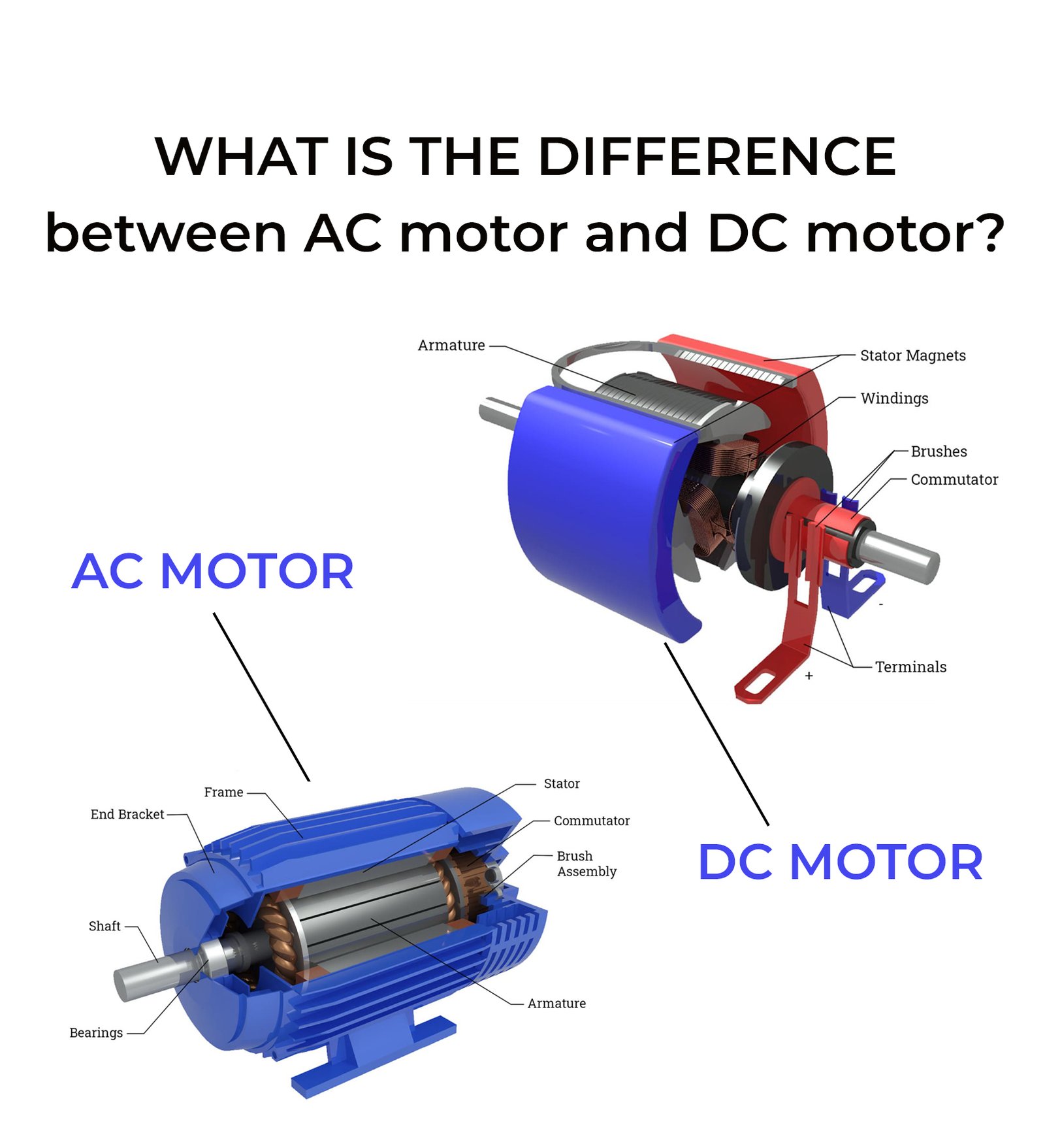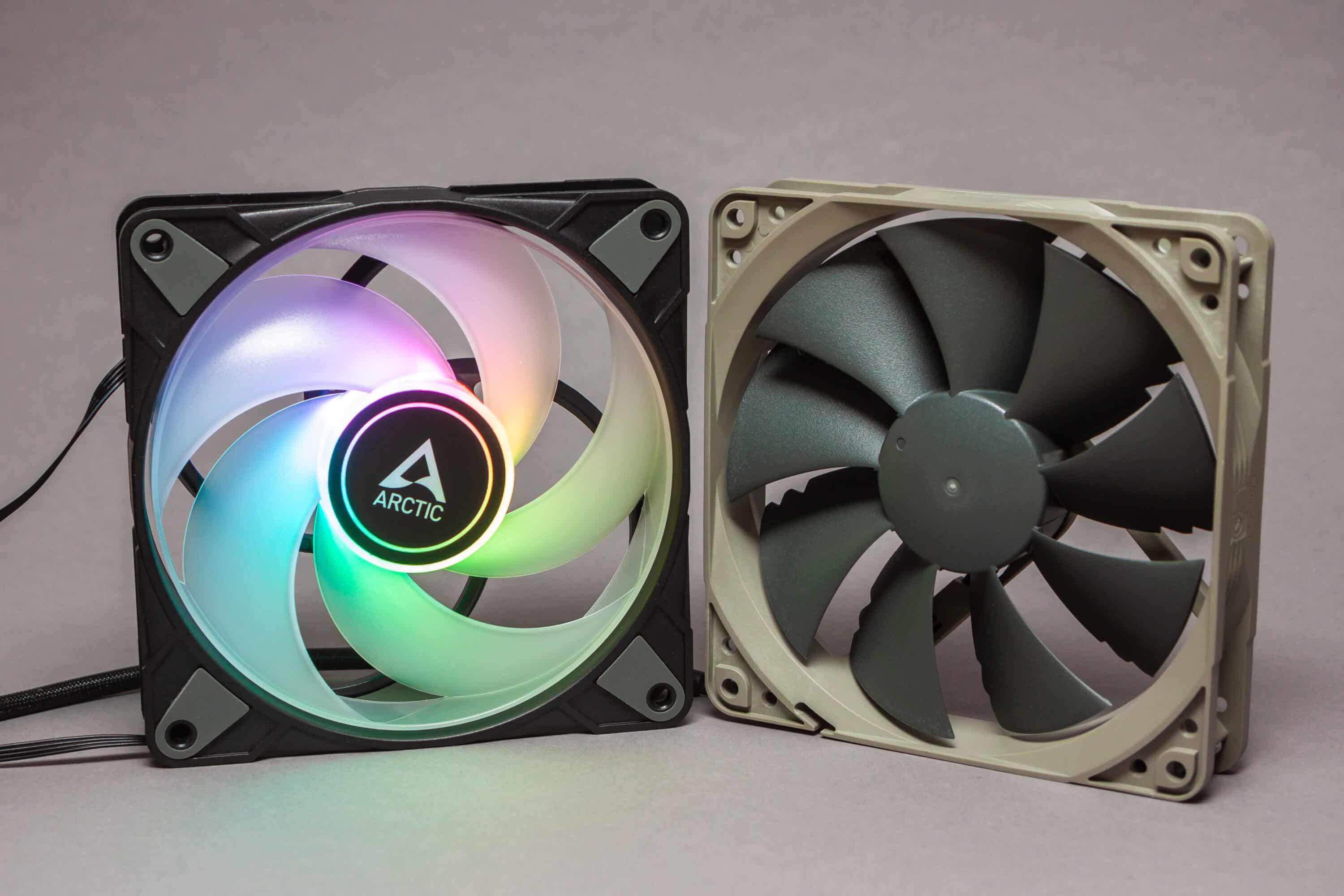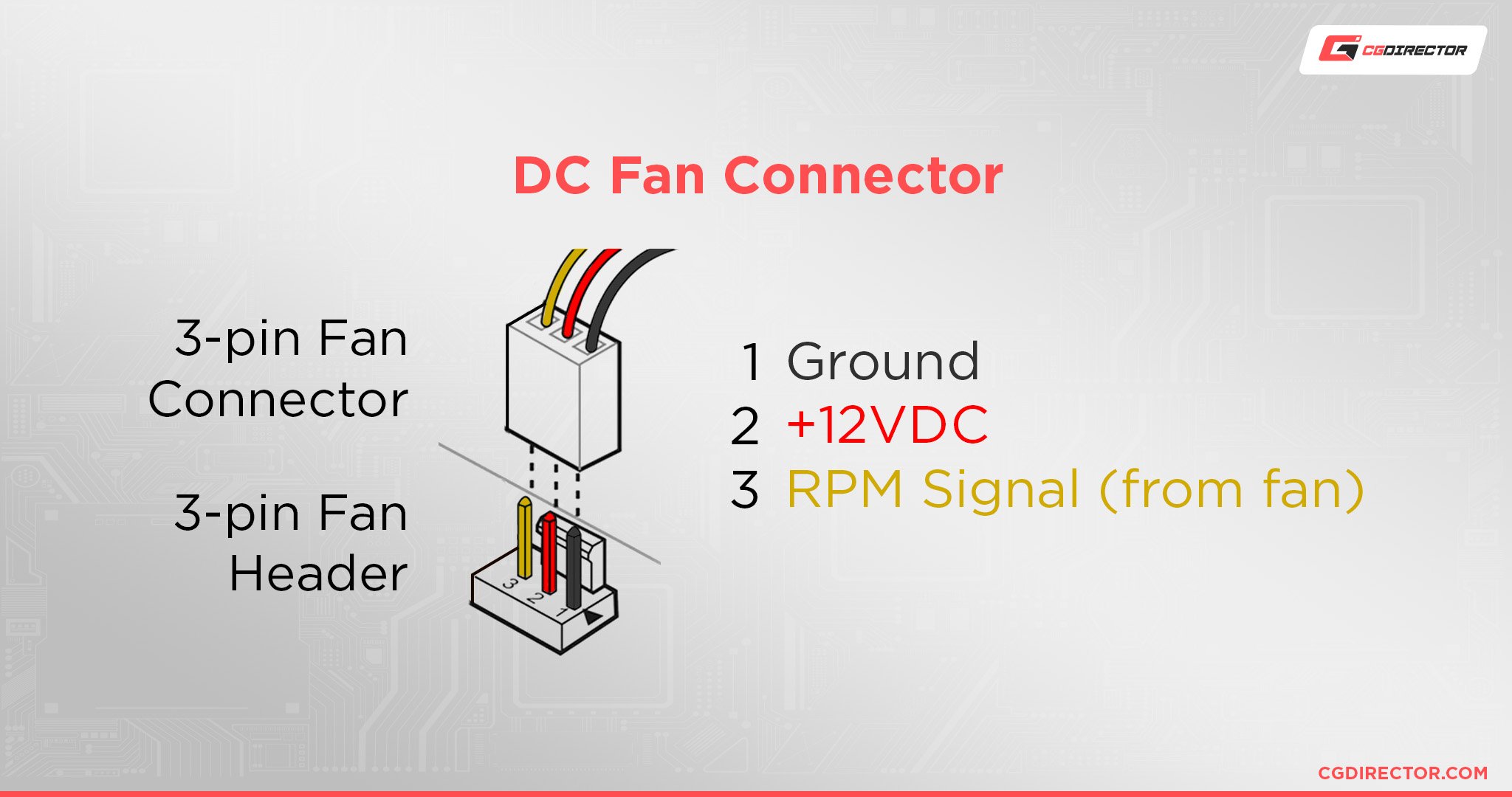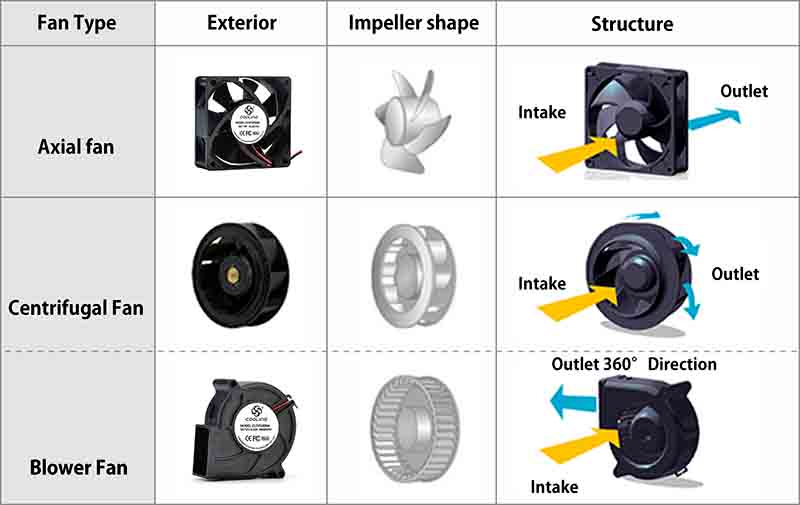Underrated Ideas Of Info About Are PC Fans AC Or DC

Decoding the Power Behind Your PC's Cooling System
1. Peeking Under the Hood
Ever wondered what makes your PC fans whir away, keeping your precious components from melting into silicon goo? It's a question that might not keep you up at night, but understanding the power source behind those little blades is surprisingly interesting. The short answer? PC fans operate on Direct Current, or DC power.
Now, before you start picturing tiny power plants inside your computer, let's break down why DC is the electricity of choice for PC fans. Think of DC power as a one-way street for electrons. They flow consistently in a single direction, providing a stable and predictable current. This is crucial for the delicate electronics within a PC, including the fan motors.
Alternating Current (AC), on the other hand, is like a two-way street, with electrons constantly changing direction. While AC is fantastic for long-distance power transmission (that's what comes out of your wall socket), it's not ideal for the precise and consistent operation of most electronic components, especially those little fan motors diligently keeping your CPU cool.
So, while your wall outlet blasts out AC, your PC's power supply cleverly converts it to DC to feed all the internal components, including those trusty fans. It's like a translator, taking the language of the wall and making it understandable to the components within.

Delving Deeper
2. The Technical Triumphs of DC in Cooling Systems
The preference for DC power in PC fans isn't just a random choice; it's rooted in solid engineering principles. DC motors are generally more efficient, more compact, and offer better speed control compared to their AC counterparts, especially at the lower power levels needed for PC fans.
Think about it: you wouldn't want your fans to spin at a constant, ear-splitting speed, would you? DC motors allow for precise adjustments to fan speed, often controlled by the motherboard, ensuring optimal cooling performance while minimizing noise. This dynamic control is essential for keeping your system running quietly when it's not under heavy load and ramping up the cooling when you're pushing it to its limits during an intense gaming session or video editing marathon.
Furthermore, DC motors are inherently simpler and more reliable than AC motors at this scale. They require fewer components and are less susceptible to interference, making them a perfect fit for the demanding environment inside a computer case, where space is limited and reliability is paramount.
So, the next time you hear your PC fans humming along, remember that it's the steady flow of DC power that's making it all possible. Its the unsung hero of your cooling system, ensuring your PC stays cool, calm, and collected, even when you're pushing it to the max.

Fan Tutorial Interesting Facts About Fans In PCs
The Power Supply's Role
3. Unraveling the Mystery of Power Conversion
We've established that PC fans run on DC power, but where does that DC power actually come from? After all, your wall outlet is pumping out AC. The answer lies within your PC's power supply unit (PSU). The PSU is the unsung hero that converts the high-voltage AC from your wall into the low-voltage DC that your PC's components can use.
Think of the PSU as a language translator. It takes the electrical "language" of your wall outlet (AC) and translates it into the "language" your PC understands (DC). This translation process involves a series of components, including transformers, rectifiers, and capacitors, working together to step down the voltage, convert the AC to DC, and smooth out the power flow to ensure a stable and reliable supply.
Without the PSU, plugging your PC directly into the wall would be a recipe for disaster. The high-voltage AC would fry your sensitive components in an instant. The PSU acts as a crucial buffer, protecting your investment and ensuring everything runs smoothly.
So, when you're considering a new PC build or upgrading your existing system, don't underestimate the importance of a good quality PSU. It's the foundation upon which everything else is built, and it plays a critical role in providing the clean and stable DC power that your fans, and all your other components, rely on.

Beyond the Basics
4. Diving into the Nuances of Fan Operation
While we know PC fans use DC power, there's more to the story than just a simple on/off switch. Modern PCs have sophisticated fan control systems that allow the motherboard to adjust the voltage supplied to the fans, thereby controlling their speed. This is where things get interesting.
By varying the DC voltage, the motherboard can precisely regulate the speed of the fan. A lower voltage translates to a slower fan speed and quieter operation, while a higher voltage spins the fan faster for increased cooling. This dynamic control is essential for maintaining optimal temperatures while minimizing noise, a key factor for a comfortable computing experience.
The voltage supplied to PC fans is typically 12V DC, although some fans may operate at lower voltages like 5V. The motherboard monitors temperature sensors placed throughout the system and adjusts the fan voltage accordingly, creating a feedback loop that ensures efficient and effective cooling.
This level of control wouldn't be possible with AC fans. The consistent and predictable nature of DC power allows for fine-grained adjustments, making it the ideal choice for PC cooling systems that prioritize both performance and acoustics.

PWM Vs. DC Auto Fan Modes For System & Case Fans
Frequently Asked Questions (FAQs)
5. Clearing Up Common Queries About PC Fans
Let's address some common questions surrounding PC fans and their power sources:
Q: Can I use an AC fan in my PC?
A: Not directly. PC components are designed to run on DC power. Attempting to connect an AC fan to your PC's DC power supply would likely damage the fan and potentially your system. Stick to DC fans designed for PC use.Q: What happens if my PC fan isn't spinning?
A: Several things could be happening. It could be a simple wiring issue, a faulty fan motor, or a problem with the motherboard's fan control circuit. Check the connections first, and if that doesn't solve it, consider replacing the fan or consulting a technician.Q: Are all PC fans the same voltage?
A: Most PC fans operate on 12V DC, but some smaller fans, especially those used in laptops or small form-factor PCs, may use 5V DC. Always check the fan's specifications before connecting it to ensure compatibility.Q: How important is fan speed control?
A: Very! Fan speed control allows your PC to maintain optimal temperatures while minimizing noise. Without it, your fans would run at full speed constantly, which can be loud and unnecessary when your system isn't under heavy load.
